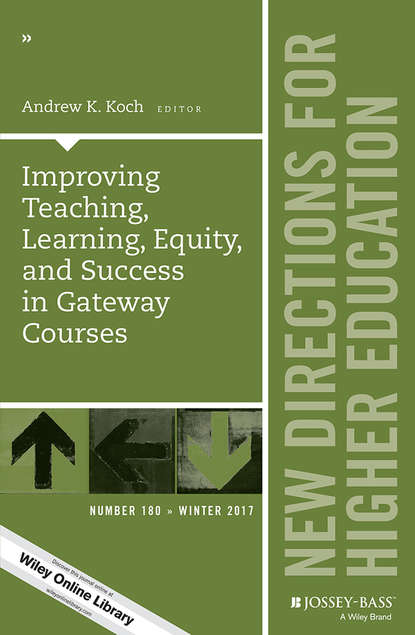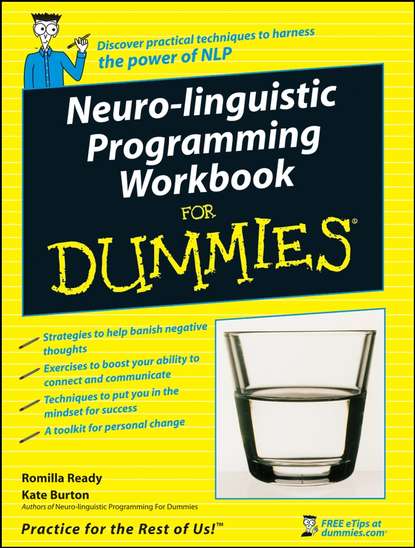Книга "Improving Teaching, Learning, Equity, and Success in Gateway Courses" посвящена проблеме вступительных курсов в американских университетах, которые часто становятся препятствием для студентов, а не помогают им подготовиться к дальнейшему обучению. Авторы книги утверждают, что данная динамика больше не является приемлемой и требует изменений. Современное высшее образование характеризуется значительным расширением доступа для исторически недооцененных групп студентов, и это новое уровень доступности сочетается с увеличенным контролем результатов сохранения и окончания учебы. Главы в этой книге определяют и исследуют проблемы вступительных курсов и предоставляют различные примеры того, как улучшить преподавание, обучение и результаты в этих основных компонентах опыта бакалавриата. Эта книга является частью серии "New Directions for Higher Education" издательства Jossey-Bass, которая предоставляет своевременную информацию и авторитетные советы об основных вопросах и административных проблемах, стоящих перед каждым учебным заведением, и адресована президентам, вице-президентам, деканам и другим принимающим решения в высшем образовании на всех типах кампусов.
As long as U.S. colleges and universities have existed, there have also been gateway courses which present difficulties to students – courses designed to phase out rather than prepare them for their undergraduate studies. While this approach may have had its place in the past, the authors argue that it no longer meets the needs of an academic community where vastly increased access has accompanied increased accountability for retention and graduation.
As long as there have existed U.S. colleges and universities there have been gateway courses that are difficult for students—courses that have more served as weed-out experiences than gear-up ones for undergraduate students. This volume argues that the ‘weed-out’ dynamic is not acceptable anymore--if it ever was true in the first place. Current postsecondary educational opportunities have been expanded greatly for historically underrepresented student populations, and this extended level of access has been paired with increased monitoring of students’ retention and graduation success. The chapters in this volume discuss issues of gateway courses and show various examples on how to enhance teaching, learning, and outcomes in their foundation sections of an undergraduate education. This book is the 2018 volume of New Directions in Higher Education, part of a 90-year library of Jossey Bass quarterlies, presented in the form of 45 one-time introductory essays by leading researchers addressing a wide range of topics important to administrators, campus leaders, and practitioners in higher education. It highlights the most pressing issues in contemporary higher education and provides incorporate information and insightful perspectives on key issues confronting higher education at every level.
Электронная Книга «Improving Teaching, Learning, Equity, and Success in Gateway Courses» написана автором Группа авторов в году.
Минимальный возраст читателя: 0
Язык: Английский
ISBN: 9781119468479
Описание книги от Группа авторов
As long as there have been U. S. colleges and universities, there have been entry courses that pose difficulties for students – courses that have served more as weeding-out rather than gearing-up experiences for undergraduates. This volume makes the case that the weed-out dynamic is no longer acceptable – if it ever was. Contemporary postsecondary education is characterized by vastly expanded access for historically underserved populations of students, and this new level of access is coupled with increased scrutiny of retention and graduation outcomes. Chapters in this volume define and explore issues in gateway courses and provide various examples of how to improve teaching, learning and outcomes in these foundational components of the undergraduate experience. This is the 180th volume of the Jossey-Bass quarterly report series New Directions for Higher Education. Addressed to presidents, vice presidents, deans, and other higher education decision makers on all kinds of campuses, it provides timely information and authoritative advice about major issues and administrative problems confronting every institution.



















